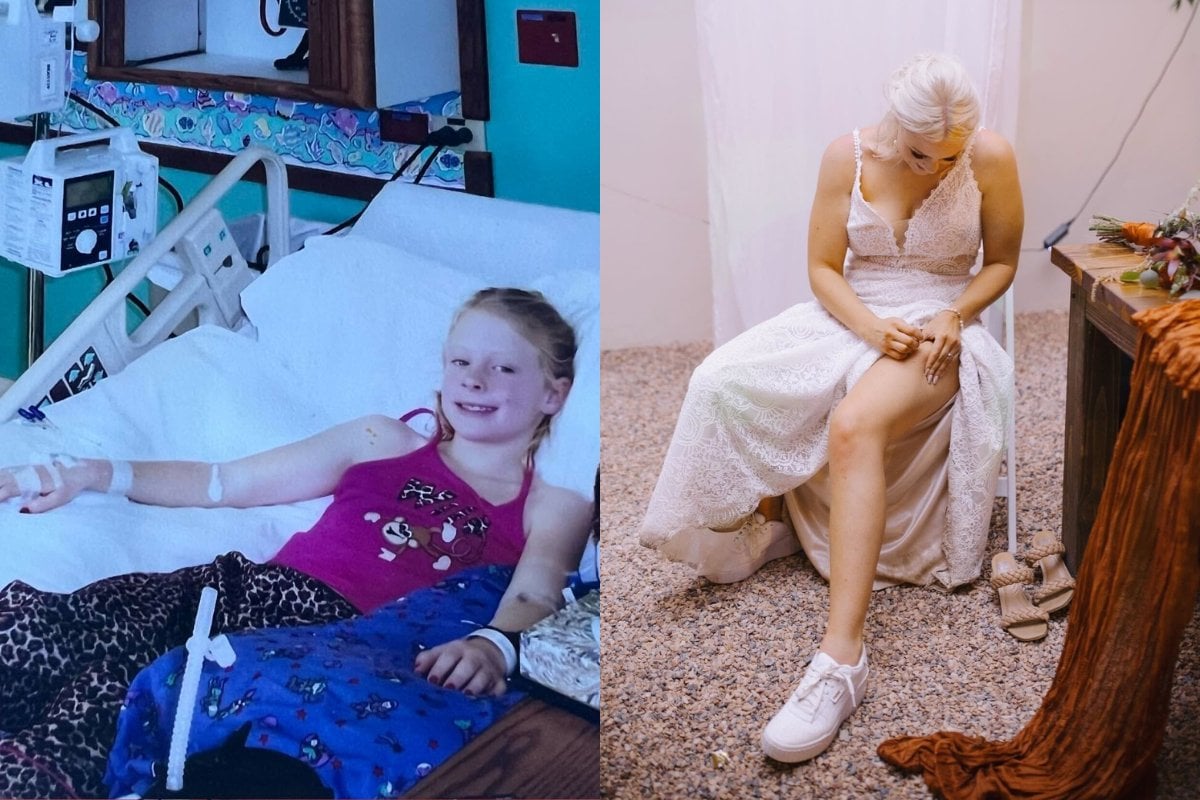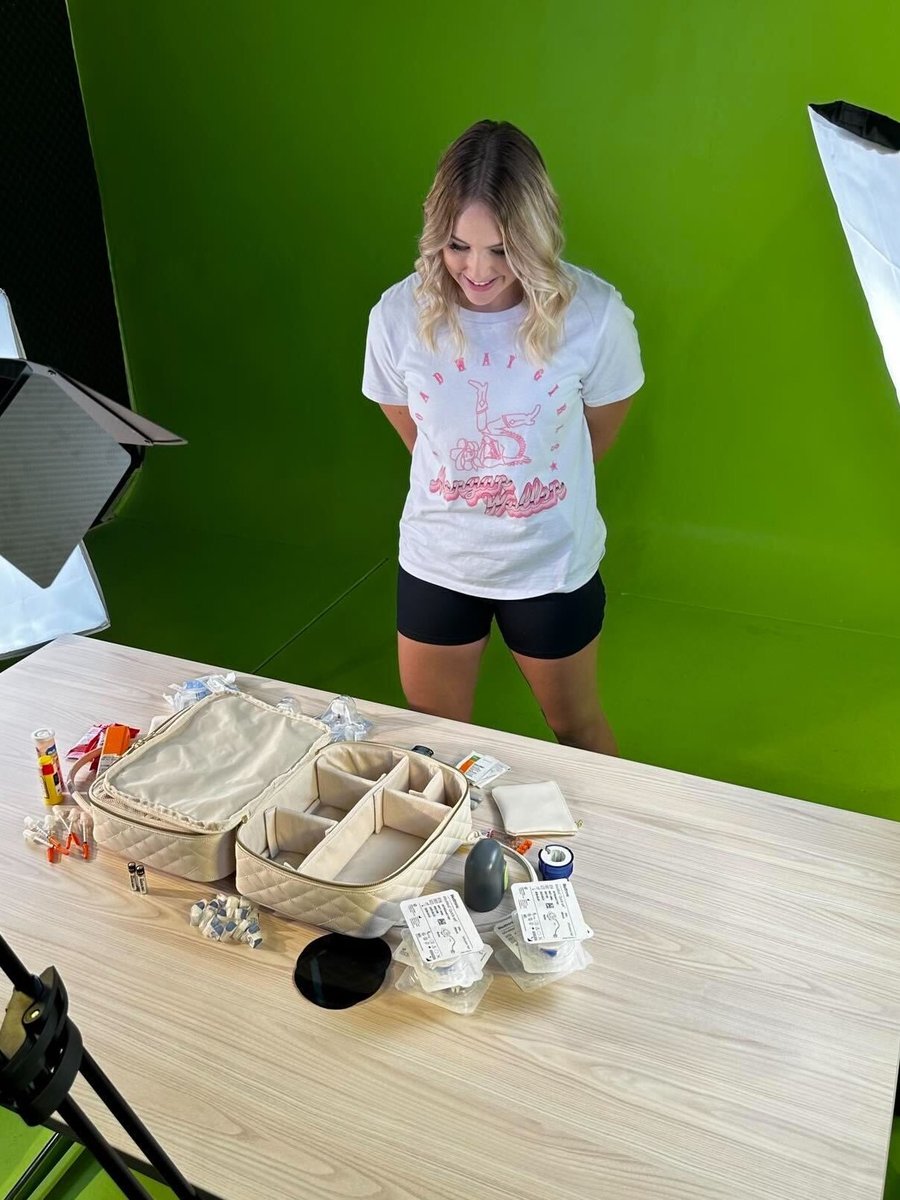
Having a chronic illness like type 1 diabetes is a full-time job, 365, 24/7. And I'm employee number one.
Diagnosed at age seven, it's hard to remember a time when my daily conscience stream didn't include calculating insulin doses for meals, remembering to test my blood sugar, counting carbohydrates, predicting how a certain food or activity would impact my blood glucose levels, or knowing when my next site change is.
The truth is, there are no days off from this disease. And sometimes it can feel isolating because I don't "look sick".
Type 1 is actually an autoimmune disease. That means my body mistakenly thought the cells that make insulin in my pancreas were "foreign". My immune system attacks these "invaders" and takes my ability to make insulin away. That's a problem. We all need the hormone insulin to live.
Insulin is like a key that opens cells and lets glucose (sugar) enter to fuel the body up. Without insulin, blood sugar rises to dangerous levels and can affect every organ of the body. For someone with Type 1 learning to think like a pancreas is crucial to living life well with this condition. Hence, the boatload of decisions that are required on a daily basis.
According to a Stanford University study, people living with diabetes have to make an extra 180 decisions a day compared to an average person. Oftentimes, these decisions are critical to our health and wellbeing and sometimes this can lead to decision fatigue.
Of course, people with diabetes can have full, happy, healthy lives, but it does take careful planning and a LOT of patience.



